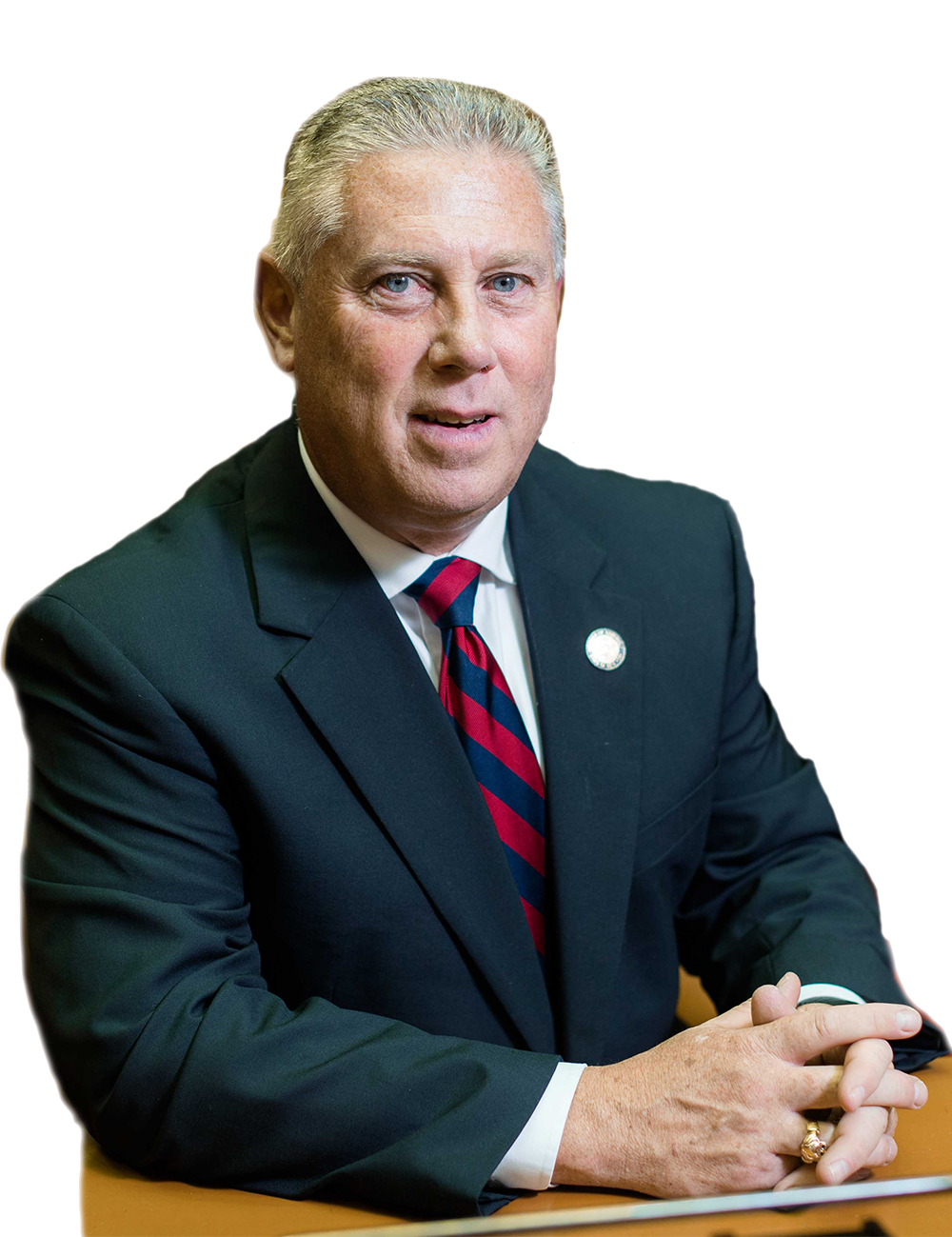Honoring the Life and Legacy of Dr. Martin Luther King Jr.
In 1983, legislation was signed into law establishing a federal holiday on the third Monday in January to celebrate one of the most influential leaders in American history, the Rev. Dr. Martin Luther King Jr. A vibrant visionary and global icon of activism, unity and progress, Dr. King dedicated his life to realizing the dream he had for our nation in which men, women and children of all backgrounds would live together in peace and “will not be judged by the color of their skin but by the content of their character.”[1]
Dr. King not only captivated the hearts and minds of millions across the nation through his fiery and inspired words, but he knew true change required action. He led by example and was an instrumental figure in many of the most significant nonviolent civil rights demonstrations in our nation’s history, including the Montgomery Bus Boycott, the March on Washington in 1963, where he delivered his historic “I Have a Dream” speech to a crowd of over 200,000 demonstrators, and the march across the Edmund Pettus Bridge. Though he was arrested over two dozen times, physically assaulted and had his home bombed, he didn’t waver. In the 13 years he served as a leader of the civil rights movement, Dr. King demonstrated untiring courage and resilience in the fight for racial and economic equality.
As we honor Dr. King on what is now both a holiday and a national day of service, his legacy serves as a reminder that we cannot be satisfied until every person is truly free of injustice and afforded the opportunity to succeed. Dr. King warned against “the luxury of cooling off or to take the tranquilizing drug of gradualism.”[2] While we celebrate the progress we’ve made, we can’t stop here. Though segregation may have been outlawed over half a century ago, we’re far from living in a post-racial society; hate crimes in the nation’s largest cities are at the highest they’ve been in over a decade,[3] African-Americans are five times more likely than white Americans to be incarcerated[4] and African-Americans are half as likely to have a college degree as young white adults.[5]
New York State has long been a standard-bearer for progressive policy, and the Assembly is committed to upholding that mantle. Dr. King was a strong advocate for economic reform, which he stressed was inextricably tied to the civil rights of African-Americans. It seems we’re still fighting for many of the same principles Dr. King fought for all those years ago. In the Assembly, we’ll continue to strive to provide individuals with the basic tools they need to lift themselves up; things like affordable health care, a world-class education and a livable wage. We’re also fighting for sweeping reforms to our criminal justice system, because it has disproportionately targeted black and brown Americans for far too long. Additionally I am committed to make sure that we reform and modify programs such as the MWBE program to meet the original goals set out - to give minorities and women true opportunities for success. Sadly this program has been a perception instead of a reality and we need to modify existing programs and remove barriers. These are the steps we need to take to ensure that we’re continuing to honor Dr. King’s legacy and his vision of equality.
________________________________________________
[1] archives.gov/files/press/exhibits/dream-speech.pdf
[2] Ibid.
[3] washingtonpost.com/news/post-nation/wp/2018/05/11/hate-crime-rates-are-still-on-the-rise/?noredirect=on&utm_term=.35476ccd2bce
